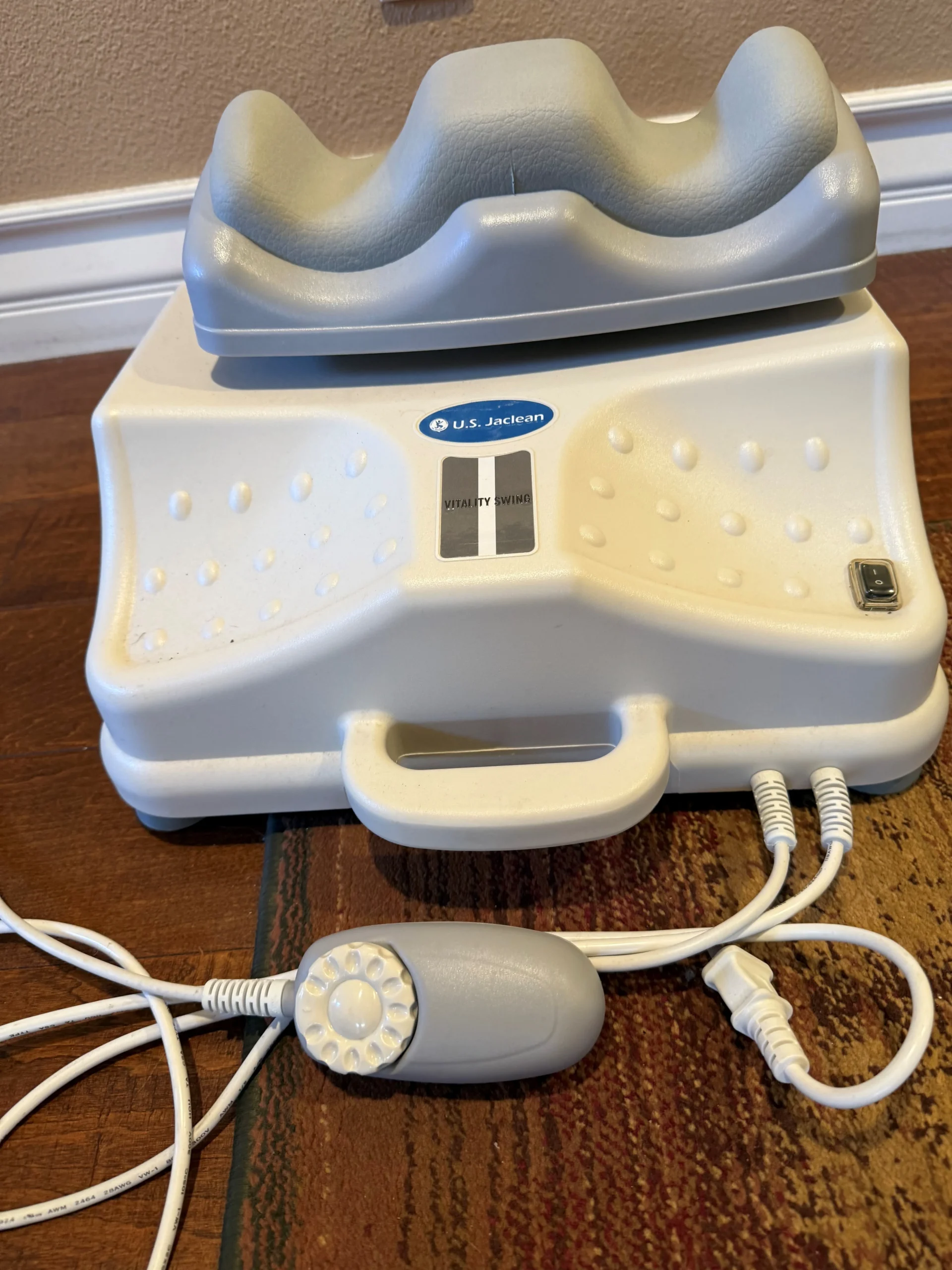Testing for Adrenal Fatigue correctly requires using a combination of lab testing and feedback from the patient (questionnaires can also play a useful role). The major lab test used to diagnose Adrenal Fatigue is, as you might have guessed, the cortisol test. But there is more than one type of cortisol testing, and the correct interpretation of results is also important.
There is more than one type of cortisol testing, and the correct interpretation of results is also important.Testing for adrenal fatigue means your doctor may order a saliva, blood or urine test to measure your cortisol. These days it is generally accepted that saliva cortisol testing is the most accurate, as it gives a better estimate of the cortisol levels within your cells, where the hormone reactions are actually taking place. Remember that it is important to be well-hydrated before you do your saliva test – dehydration can skew the results.
 Here’s another important thing to know about cortisol testing. Taking a single measurement, or even a 24-hour average, is not enough. The best cortisol tests take 4 individual samples at various points of the day and then map your cortisol levels over the course of a 24 hour cycle. Our cortisol levels vary dramatically, starting high when we wake up and then tapering off until they reach their lowest point late at night. Testing for Adrenal Fatigue means your health care professional needs to see not just your average cortisol level, but also the size of the morning spike and how sharply it drops off afterwards.
Here’s another important thing to know about cortisol testing. Taking a single measurement, or even a 24-hour average, is not enough. The best cortisol tests take 4 individual samples at various points of the day and then map your cortisol levels over the course of a 24 hour cycle. Our cortisol levels vary dramatically, starting high when we wake up and then tapering off until they reach their lowest point late at night. Testing for Adrenal Fatigue means your health care professional needs to see not just your average cortisol level, but also the size of the morning spike and how sharply it drops off afterwards.
If you are looking for discounted lab testing CLICK HERE.
For my free eBook titled Lab Tests You Need to Know About CLICK HERE.
DISCLAIMER –The information on this site is for general educational and informational purposes only and is not intended to diagnose, prevent, cure or treat any medical condition. It is not medical advice or intended to replace a one-on-one relationship with a doctor or health care professional. You must consult with your health care provider about medical questions, do your own research and make your own health care decisions based upon your own research and judgment in partnership with a qualified health care professional.





























